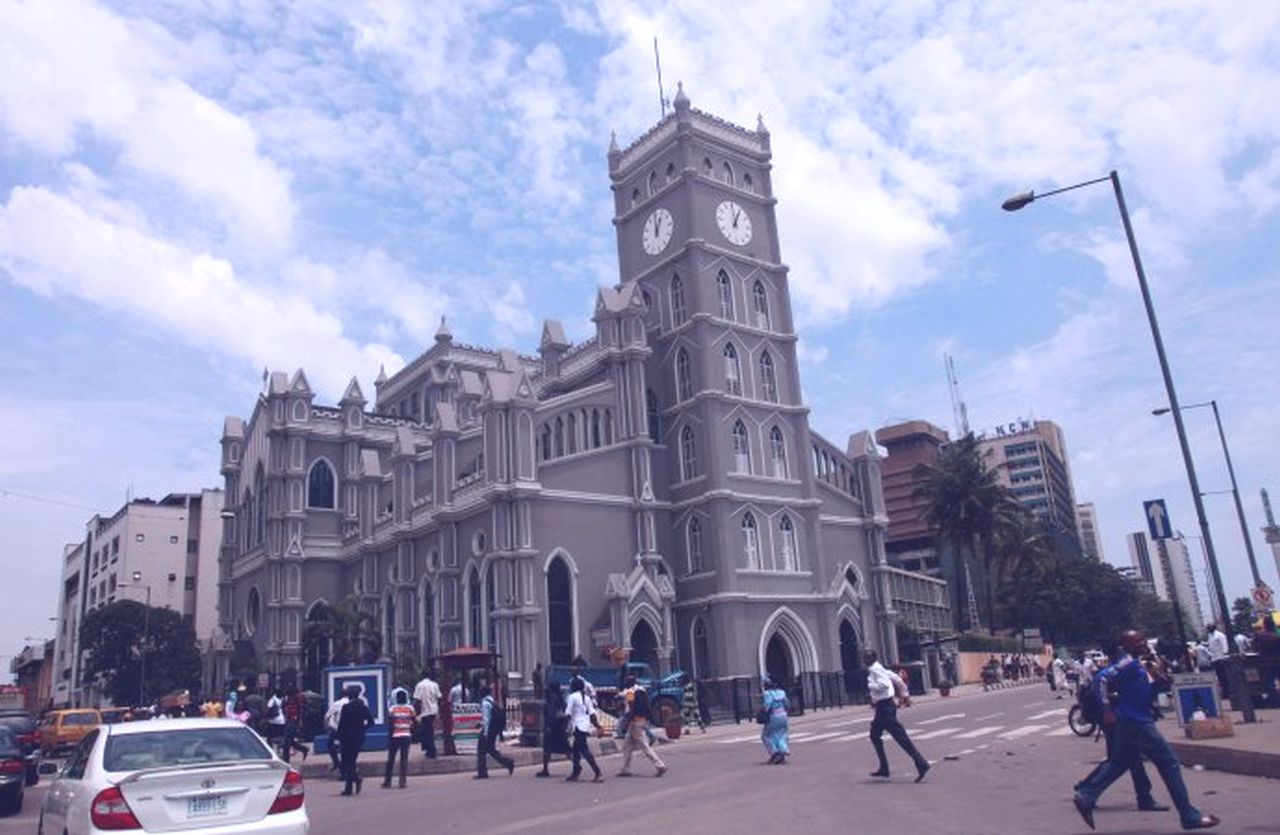Nigerian bishops have appealed to the government to stop the killings in southern Kaduna state.

An Aug. 8 statement signed by Archbishop Augustine Akubeze, conference president, said the bishops “continue to hear of increasing insecurity and unabated acts of terrorism in northern Nigeria. We are all tired of this situation.”
The bishops warned that no politician should politicize the killing of Nigerians, and they asked Nigerians to also condemn the acts.
“There should be one response from everyone, and that is: The killings must stop. Our hearts are bleeding, and we are more troubled when we hear of the massacre presently going on in Southern Kaduna.”
Media reported at least 43 people were killed July 21-24 and more than 170 people have been killed this year in southern Kaduna.
Police have been silent on the identity of the perpetrators or the motivations behind the attacks. However, Gov. Nasir el-Rufai of Kaduna claimed that the recent attacks were carried out by armed bandits terrorizing Nigeria’s northwest states.
The bishops also asked Catholics to pray one Our Father, three Hail Marys and one Glory Be after the Angelus for 40 days, beginning Aug. 22 and ending Sept. 30, the eve of Nigeria’s Independence Day.
“On Independence Day, which is Oct. 1, 2020, let us join in praying the five decades of the sorrowful mysteries starting from 12 noon. We appeal to each bishop to encourage the faithful in his diocese to participate fully in this prayer for God to save Nigeria,” the bishops said.
Kaduna straddles the country’s ethnic and religious divide. The population of northern Kaduna is largely Muslim and Hausa-Fulani, while southern Kaduna is predominantly Christian and home to some 30 ethnic groups.
The bishops assured people suffering attacks in southern Kaduna that all Catholics in Nigeria were praying for them.
They said there would never be sustained development built upon the bloodshed of innocent people murdered by religious fundamentalists without any recourse to justice for the victims.
The bishops also reminded government leaders they were elected based on campaign promises.
“The creation of jobs, an enabling environment that engenders growth of the private sector, a significant increase in the supply of electricity to Nigerians, affordable and quality health care to Nigerians, and the revamping of the educational sector are part of the promises the government continues to make,” the bishops said.



